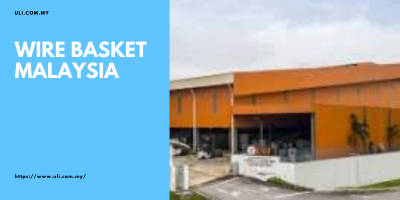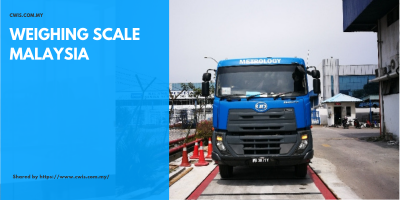SCADA System Integration Malaysia has become a cornerstone for industries striving to enhance operational efficiency, optimize resource use, and achieve sustainability. SCADA (Supervisory Control and Data Acquisition) systems enable industries to monitor and control their processes in real time, offering a seamless flow of data to make informed decisions. This guide explores how SCADA integration benefits Malaysia’s key industries, the challenges faced, and the impact of the Water Sector Transformation 2040 (WST 2040).
Understanding SCADA System Integration
SCADA integration involves combining SCADA systems with existing enterprise and operational systems to create a unified, efficient infrastructure. This process integrates technologies like IoT, cloud computing, and edge devices for smarter and more responsive operations. In Malaysia, SCADA systems play a pivotal role in industries such as water utilities, sewerage, manufacturing, agriculture, and energy.
SCADA in Key Malaysian Industries
- Water Utilities and Sewerage:
- SCADA systems are crucial in managing water treatment plants, reservoirs, and sewer networks.
- Real-time monitoring of parameters like flow rates, pressure, and reservoir levels enhances resource management and reduces water loss.
- Integrated telemetry and wireless systems improve visibility and enable remote operations, aligning with the Integrated Water Supply Scheme (IWSS).
- Manufacturing:
- SCADA supports production line automation, ensuring precision and minimizing downtime.
- Data logging and predictive maintenance reduce operational costs and improve productivity.
- Agriculture:
- Automation of irrigation and crop monitoring using SCADA ensures efficient use of water and nutrients.
- IoT integration enables real-time adjustments based on environmental conditions.
- Energy and Utilities:
- Power generation and distribution networks rely on SCADA for load balancing and fault detection.
- Renewable energy systems use SCADA for optimizing energy storage and distribution.
Challenges in SCADA System Integration
- Legacy Systems:
Many industries in Malaysia still operate older systems that lack compatibility with modern SCADA technologies, requiring significant upgrades. - Cybersecurity Risks:
Increased connectivity exposes SCADA systems to cyber threats, necessitating robust security measures. - High Initial Investment:
Integrating SCADA can require significant upfront costs for hardware, software, and training, particularly for small and medium-sized enterprises (SMEs).
Solutions and Strategies
- Modernization of Infrastructure:
- Upgrading legacy systems to support SCADA integration ensures seamless communication and better performance.
- Adopting Secure Protocols:
- Implementing encryption, firewalls, and regular security audits protects SCADA systems from cyberattacks.
- Cloud-Based SCADA:
- Using cloud infrastructure reduces hardware costs while enabling remote access and scalability.
Impact of WST 2040 on SCADA Integration
The Water Sector Transformation 2040 (WST 2040) initiative by Malaysia’s Economic Planning Unit aims to create a sustainable water management framework. SCADA integration is central to this effort, enabling digital transformation through:
- IoT-Driven Insights: Enhanced data collection for informed decision-making.
- Automation and Efficiency: Reducing energy and water waste.
- Compliance with Industry 4.0 Standards: Modernizing Malaysia’s water and sewerage utilities.
Conclusion
SCADA System Integration Malaysia is revolutionizing industries by combining advanced technology with operational excellence. While challenges like legacy systems and cybersecurity remain, solutions such as infrastructure upgrades and secure protocols are helping overcome these hurdles. As Malaysia progresses toward the WST 2040 vision, SCADA integration will be pivotal in achieving a sustainable, efficient, and resilient industrial landscape.








